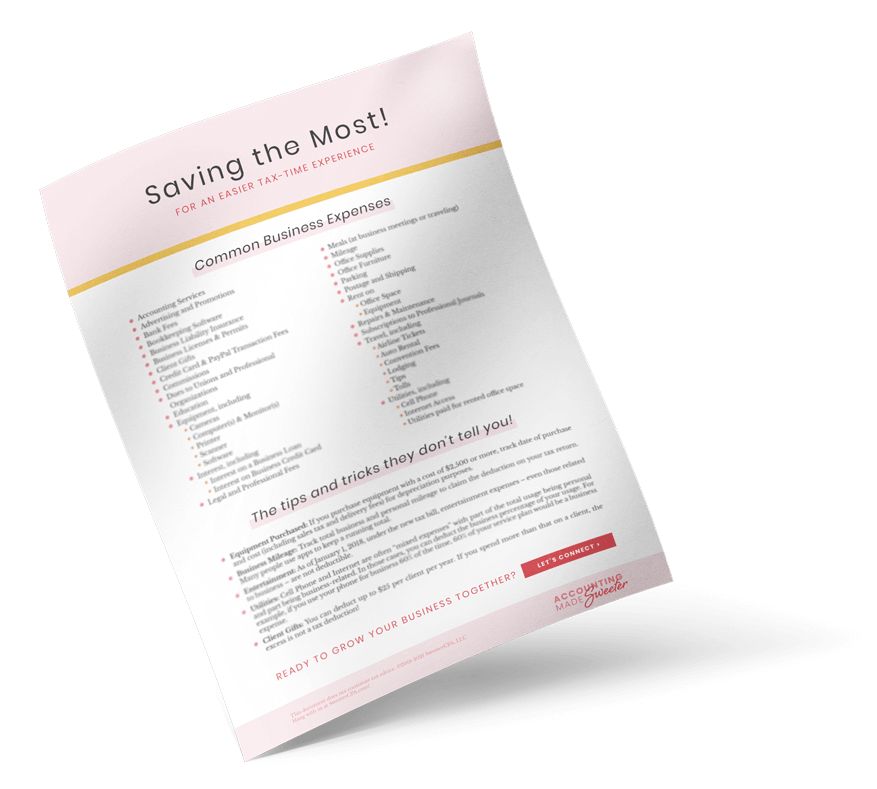Resources
A Limited Liability Partnership (LLP) provides all partners with limited liability. There are no general partners in an LLP; rather, all owners have limited personal liability for business debts.
Common Uses of LLP
LLPs are a popular legal entity for professional groups like lawyers or accountants. In these cases, the limited personal liability is useful in protecting one partner’s personal assets from liability arising from another partner’s actions – most commonly those that arise from malpractice claims.
As LLPs are regulated by the state, each state has its own rules regarding who can and cannot create an LLP. In some states, only groups of professionals can form an LLP. In others, professionals are forbidden from creating an LLC and, thus, create LLPs instead.
Tax Consequences
LLPs, as partnerships, are “pass-through” entities. While the partnership entity itself does not pay taxes, it does have an annual filing requirement: a Form 1065 due April 15th. This Form reports the partnership’s income and expense items to the federal government. The partnership then issues Schedules K-1 to each partner reporting their respective share of these income and expense items. Each partner reports items from the Schedule K-1 on his or her personal tax return.



